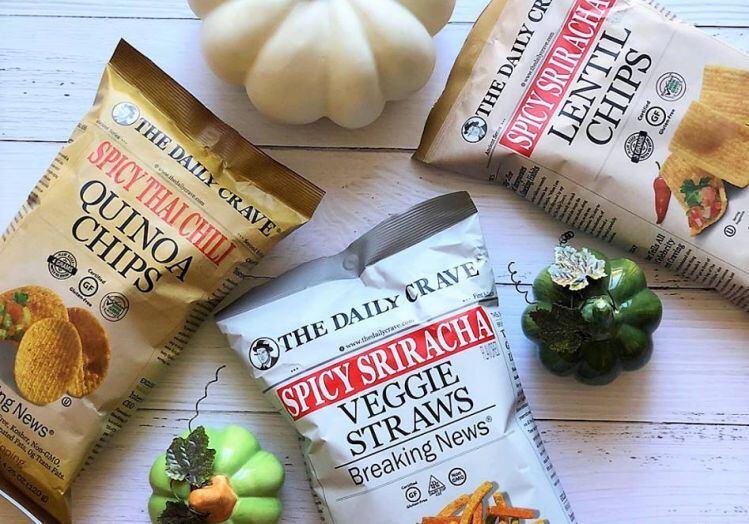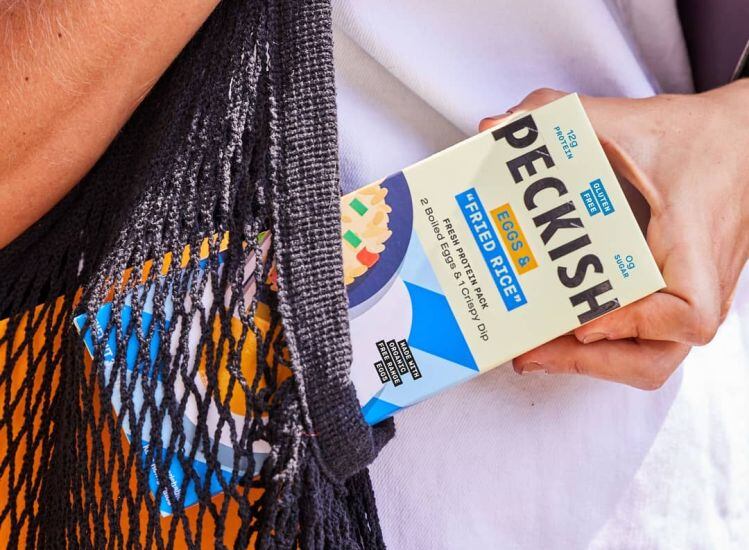As many Canadian consumers are switching up their daily eating patterns opting for a series of better-for-you snacks, there is an opportunity for manufacturers and retailers to meet this demand with more on-the-go snacking items, says Mintel.
65% of snackers surveyed (out of 1,959 internet users aged 18 and over) believe it is important to have healthy snacks within an arm's reach at all times.
Anything can be a snack
Keeping up with this consumer interest in all-day healthy snacking doesn't require an entirely new game plan, according to Carol Wong-Li, associate director, lifestyles and leisure reports, at Mintel.
According to Wong-Li, 45% of Canadians aged 18-24 are interested in snack-sized portions of regular foods as compared to 31% overall.
"The good news is food manufacturers and foodservice providers need not start from scratch. As many consumers have adopted the notion that anything can be a snack, companies can appeal to those looking for better-for-you snacks by rethinking packaging to make items more portable rather than reinventing the wheel," Wong-Li said.
Wong-Li added that foodservice providers in particular have a lot to gain from this trend as younger consumers (aged 18-24) are most likely to dine out and feel the financial impact of it.
"This highlights an opportunity to offer smaller serving sizes of their dishes at lower price points to appeal to this group,” she said.
Protein focus
Many kinds of products can fall under the better-for-you umbrella, but according to Mintel, items that are fresh and less processed as well as protein-packed snacks are winning out: 84% of consumers surveyed ranked fresh fruit and vegetables as the top better-for-you snack choice followed by cheese at 79%, nuts (69%), and popcorn (60%).
In additional, 55% of Canadian consumers said they would like to see more products made from fresh ingredients.
Among younger consumers, protein snacks are a top choice, but differences arise between male and female consumers on the preferred source of protein.
“Protein is a key area of interest for younger Canadians when it comes to innovations in healthy snacks, but men and women differ when it comes to the actual source of protein they prefer," Wong-Li said.
"While young women show interest in plant-based proteins, men are more likely to turn to meat. This may stem, in part, to the different approaches taken to snacking. Younger women tend to snack because they are too busy to eat meals, whereas young men usually do so as a way to refuel after exercise."
Wong-Li specified that in regards to plant-based protein, food and beverage marketers that promote plant protein's satiating benefits will see the most success. For snack brands promoting meat-based protein, a focus on quality of the meat used and its muscle-building and recovery benefits are key attributes to communicate to consumers.
Healthfulness of snacks called into question
Even though many Canadians are interested in discovering and purchasing better-for-you snacks, many are wary of the healthfulness of such products.
Nearly three-quarters (73%) of snackers surveyed believe that many snacks marketed as healthy are not actually healthy, with just 41% saying they trust the health claims on food and beverage packaging, according to Mintel.
And for many, there’s confusion when it comes to making a healthy snack choice, as half (49%) say it is hard to tell if a snack is healthy.
"This may be drawing them toward choosing fresh and less processed snacks, rather than processed and/or packaged ones. Marketers can boost perceptions of healthfulness of their products by highlighting whole and/or fresh ingredients the products include and featuring clear packaging to both showcase the ingredients and offer transparency,” Wong-Li added.




